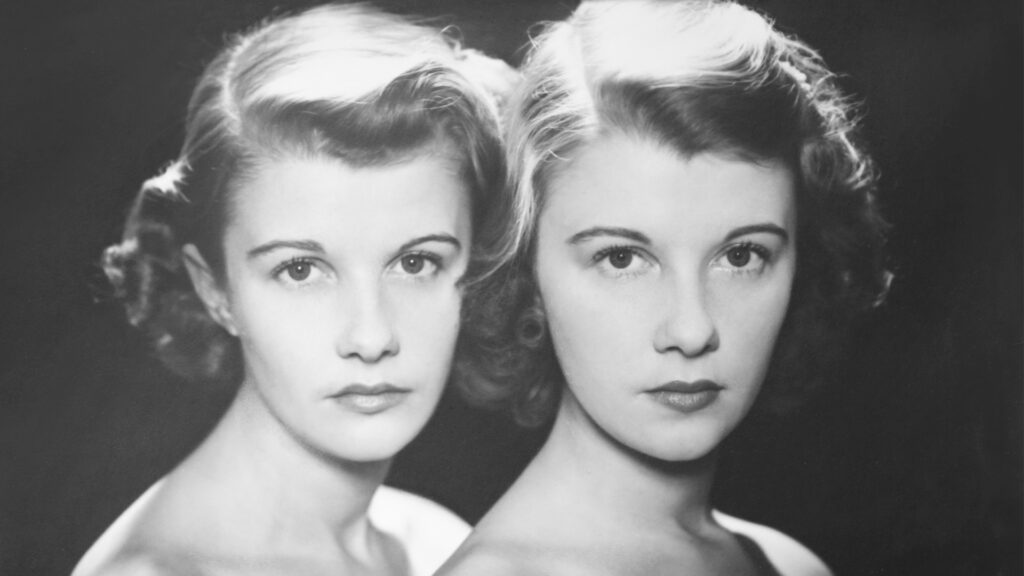
The Significant Other
When her mother Celia Paget died, The Quality of Love author Ariane Bankes inherited a battered trunk stuffed with letters and diaries belonging to Celia and her twin Mamaine.
This correspondence charted the remarkable lives of the Paget twins and their friends and lovers, including Arthur Koestler, Albert Camus, Sartre and de Beauvoir, and George Orwell.
In this moving piece, Ariane reflects on the close relationship between her mother and Mamaine, the aunt she was never able to meet.
My birth, though eagerly awaited, was not the unqualified success that it might have been. For my mother Celia, I was a longed-for first child conceived at the age of thirty-eight, after a childless first marriage and several passionate but doomed love affairs.
But my arrival drew little of the expected joy; on the contrary, Celia descended into profound despair and was whisked away to the psychiatric wing of a local hospital for several weeks, as I much later discovered.
From these inauspicious beginnings eventually evolved a marvelous closeness between my mother and myself, but not until well into my teenage years.
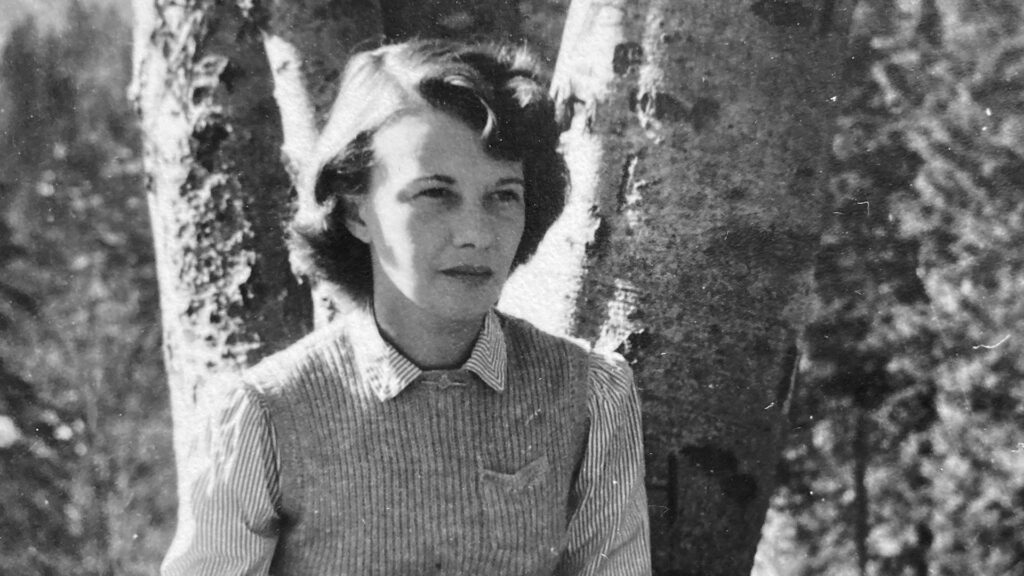
But my arrival drew little of the expected joy; on the contrary, Celia descended into profound despair
She never referred to that period of acute depression, and when I discovered that we had been separated for the first few weeks by her hospitalisation she waived my questions away airily as something of no consequence, firmly maintaining that my birth had been one of the happiest moments of her life.
Slowly the realisation dawned on me, however, that in one important respect – over which I had no control at all – I had indeed been a profound disappointment. However much she longed for a child, my birth could not begin to console her, as she must have vainly hoped it would, for the loss of her identical twin sister Mamaine only a year before.
Mamaine’s defining relationship was nevertheless with my mother Celia, her twin sister and only sibling
Loved by writers of the stature of Arthur Koestler, Albert Camus, and Edmund Wilson, Mamaine’s defining relationship was nevertheless with my mother Celia, her twin sister and only sibling.
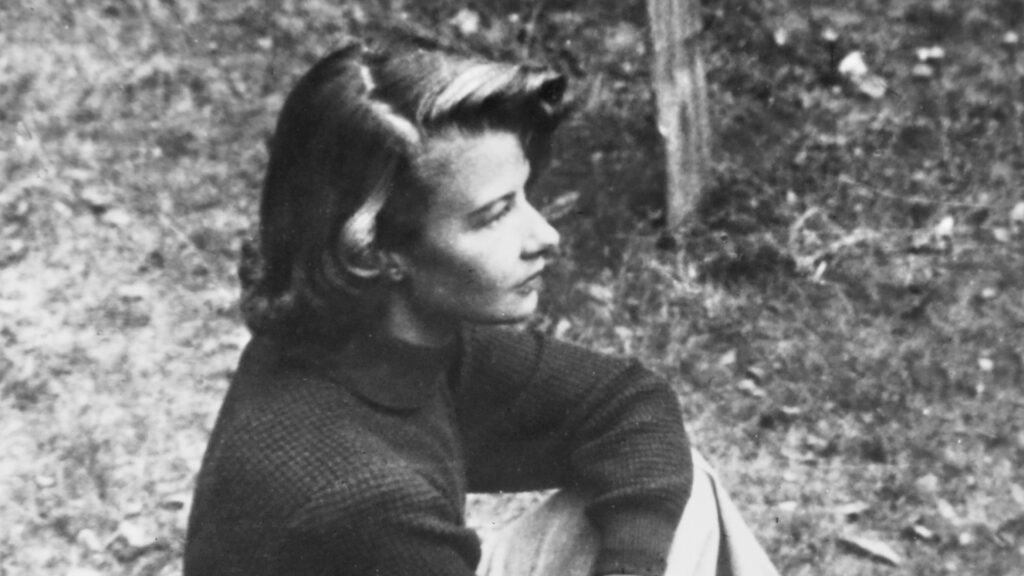
Vivacious, beautiful, and wholly – bewilderingly – identical, the Paget Twins, as they became known, created a sensation from the moment they were unwillingly presented at Court and launched into London Society, a social scene from which they made as speedy an exit as they honorably could, having done the rounds of the Season not once but twice, as ‘Debutantes of the Year’.
Vivacious, beautiful, and wholly – bewilderingly – identical, the Paget Twins, as they became known, created a sensation
They swiftly established themselves in the more congenial if raffish milieu of writers, artists, and intellectuals, who found them captivating.
Apart from their beauty they shared a quickness of wit, a lightness of touch, a keen intellectual appetite, above all a genius for friendship, or ‘friendability’, as my mother called it.
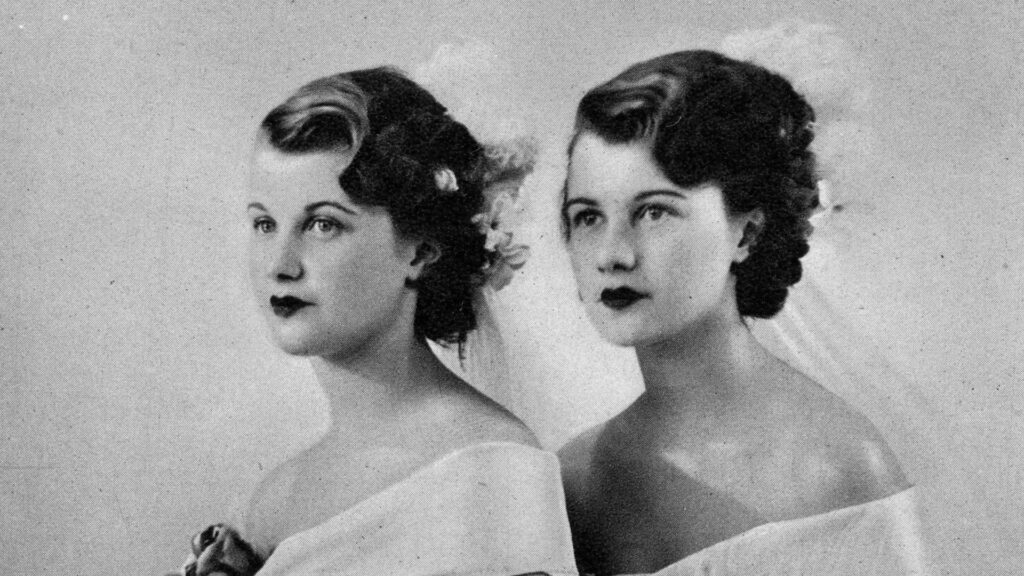
Celia often said that the only respect in which they did not reflect one another’s taste was in the men they fell in love with – though inevitably the same men sometimes fell for both.
Their deepest and impregnable bond, however, was with one another. After an extraordinarily close childhood, the twins were separated for long periods of their adult lives, at times living on different sides of the English Channel or the Atlantic, but wrote continually when apart, and crossed continents to be together.
They swiftly established themselves in the more congenial if raffish milieu of writers, artists, and intellectuals, who found them captivating
Their letters are wonderfully vivid and spontaneous, peppered with anecdotes and humour, and assuming a shared understanding that precluded any need for detail.
They enjoyed a total empathy, a rare and enviable harmony, along with all the things they held most precious in life – friends, music, laughter, a passionate love of the countryside, of birds and birdsong, of poetry, of literature.
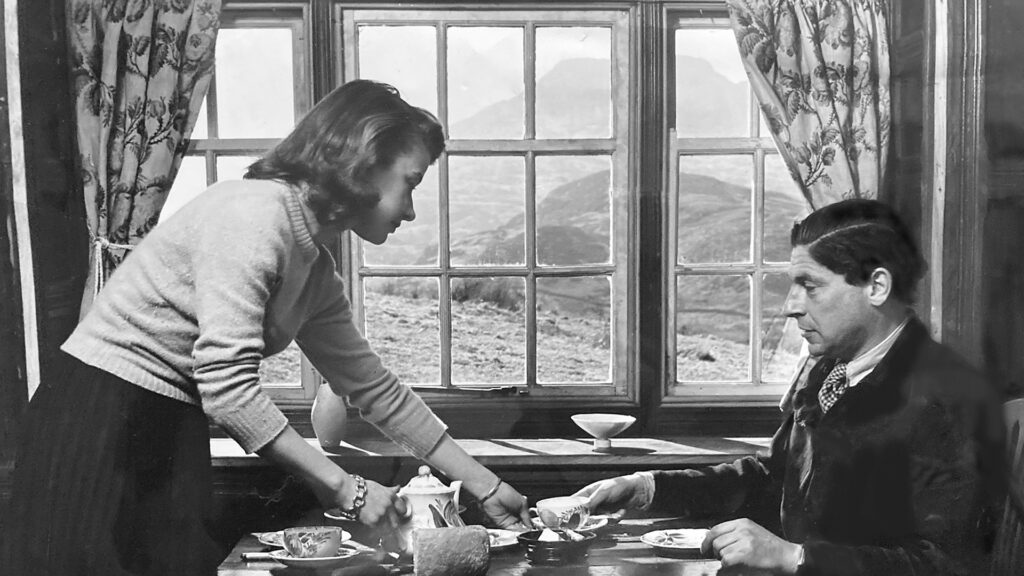
Orphaned at the age of twelve, they also shared a childhood heritage of acute anxiety, expressed in chronic asthma which dogged both their lives. There was a febrile quality to them, and to the intensity with which they lived and loved.
Mamaine was to die tragically young, at the age of thirty-seven, in University College Hospital, the prime cause of her death given as ‘exhaustion’; my mother was somehow to survive this devastating loss and live on into a graceful old age, dying at the age of eighty-six.
Celia often said that the only respect in which they did not reflect one another’s taste was in the men they fell in love with
Yet Celia was always thought to be the weaker of the two, and Mamaine was furiously protective of her; it was not until the breakdown of her marriage to Arthur Koestler that Mamaine’s health began seriously to fail. It was as if the bright flame that had hitherto sustained her now flickered and finally failed.
In many people’s lives there is an absent figure – dead, lost or mislaid – who exerts a powerful fascination – a ‘significant other’ in the dynamics of a family.
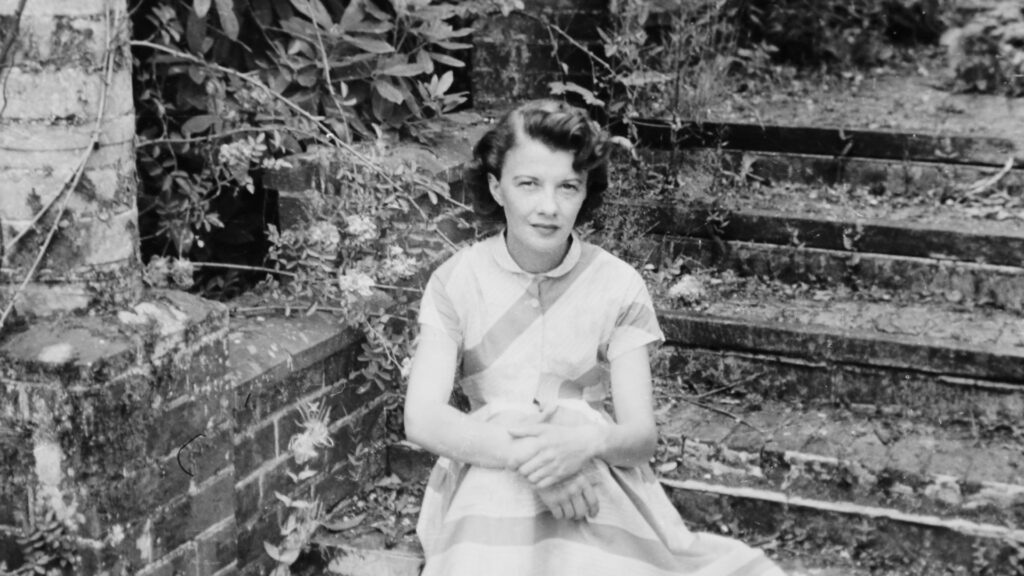
Mamaine, the captivating and beautiful aunt that I never knew, was that figure in my childhood. I grew up under her spell, and as I grew older, I felt ever more acutely the loss of not having known her.
It was as if the bright flame that had hitherto sustained her now flickered and finally failed
Her letters and diaries speak with such a distinctive voice – warm, vivid, witty – that now, having dwelt on them and with them for the time it has taken me to write this book, I at last feel I do know her, intimately, especially as they echo the timbre and turn of phrase of my mother’s intonation.
They are the voice of someone both brave and frail, but whose spirit was ultimately defeated and who arguably died of a broken heart. Can one die of a broken heart? That is for readers of The Quality of Love to judge.
A rich family archive reveals the incredible lives and loves of two sisters who captivated Europe’s intelligentsia
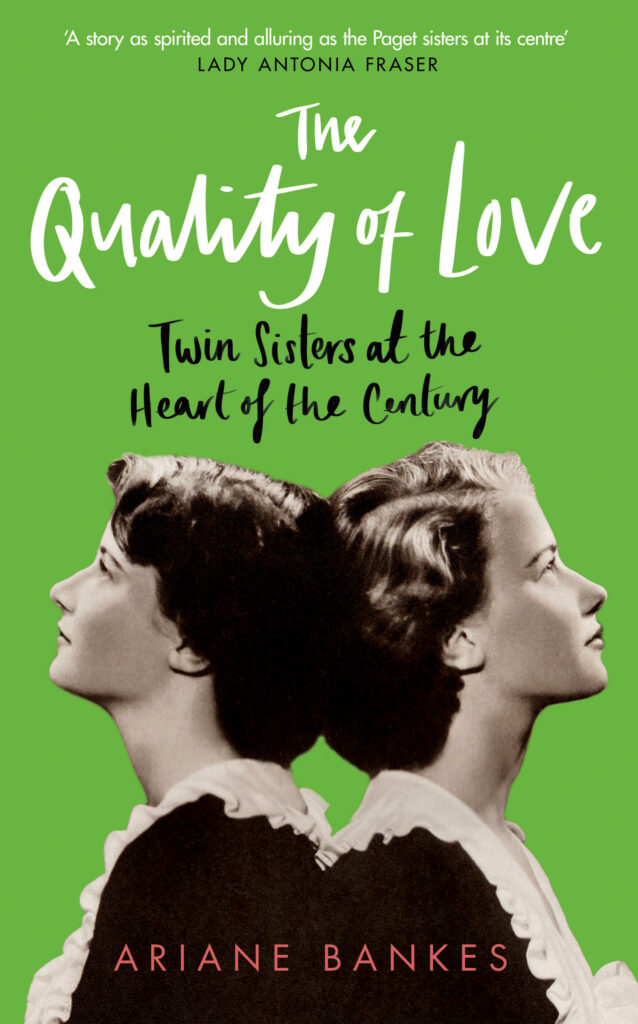
Biography
Hardback
Available now
ISBN 9780715654989
‘A deftly written memoir’ Literary Review
When her mother Celia Paget died, Ariane Bankes inherited a battered trunk stuffed with letters and diaries belonging to Celia and her twin Mamaine. This correspondence charted the remarkable lives of the Paget sisters and their friends and lovers, including Arthur Koestler, Albert Camus, Sartre and de Beauvoir, and George Orwell.
Out of this rich archive, The Quality of Love weaves the story of these captivating and unusually beautiful identical twins who overcame a meagre education to take 1930s London society by storm and move among Europe’s foremost intellectuals during the twentieth century’s most dramatic decades. Above all, it is a sparkling portrait of the deep connection between two spirited sisters.


